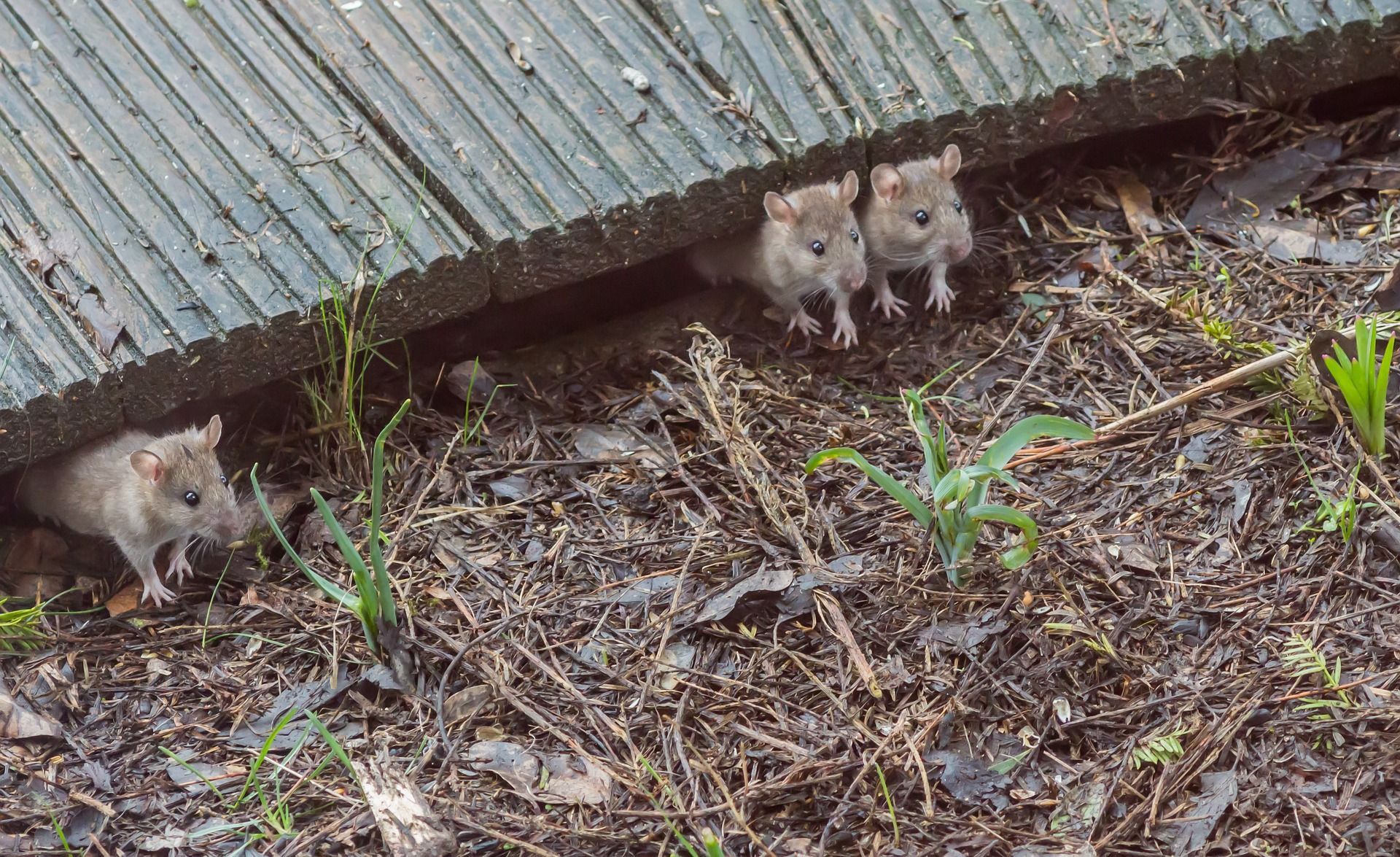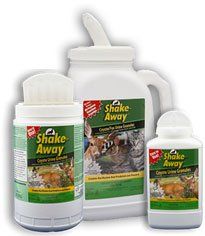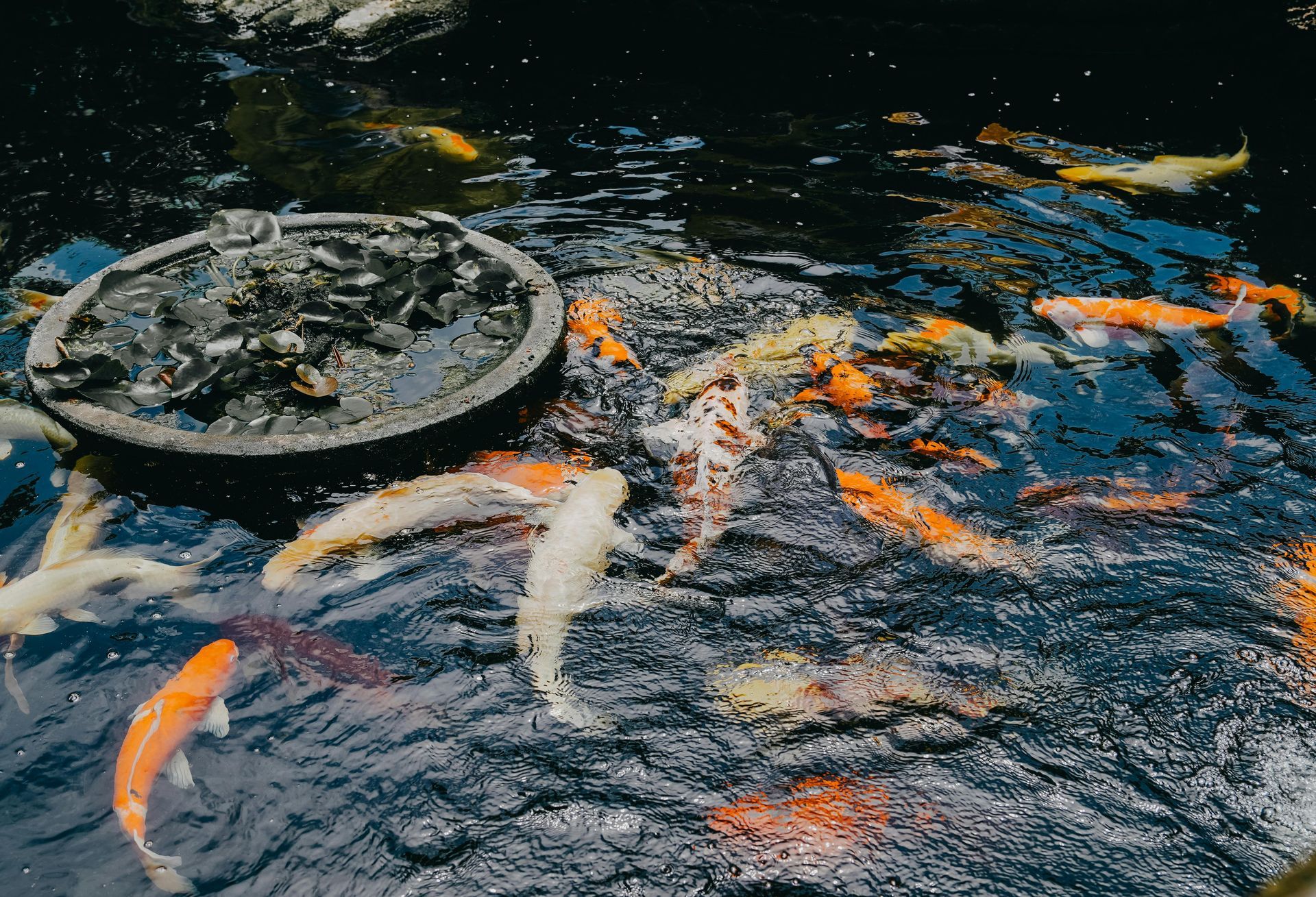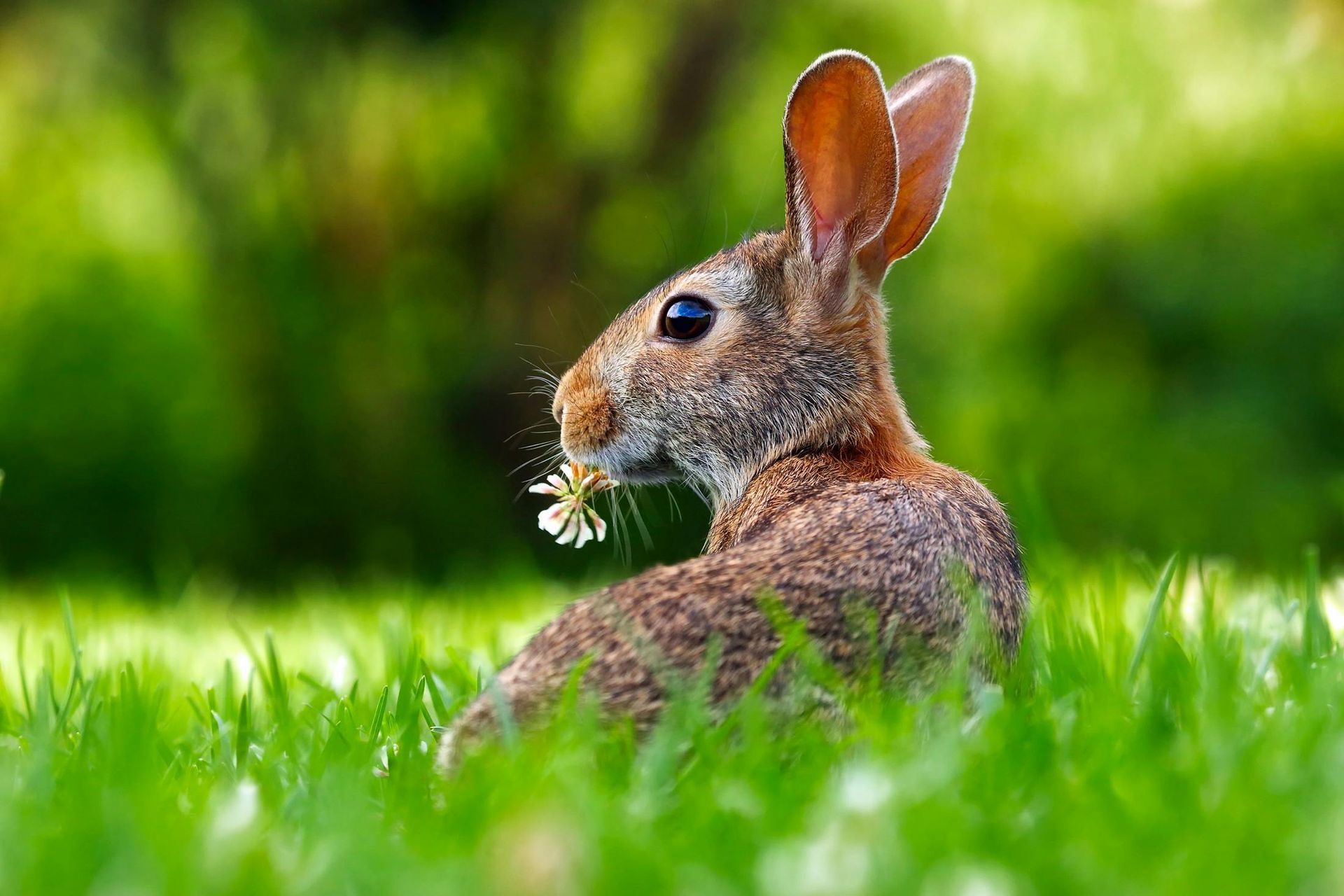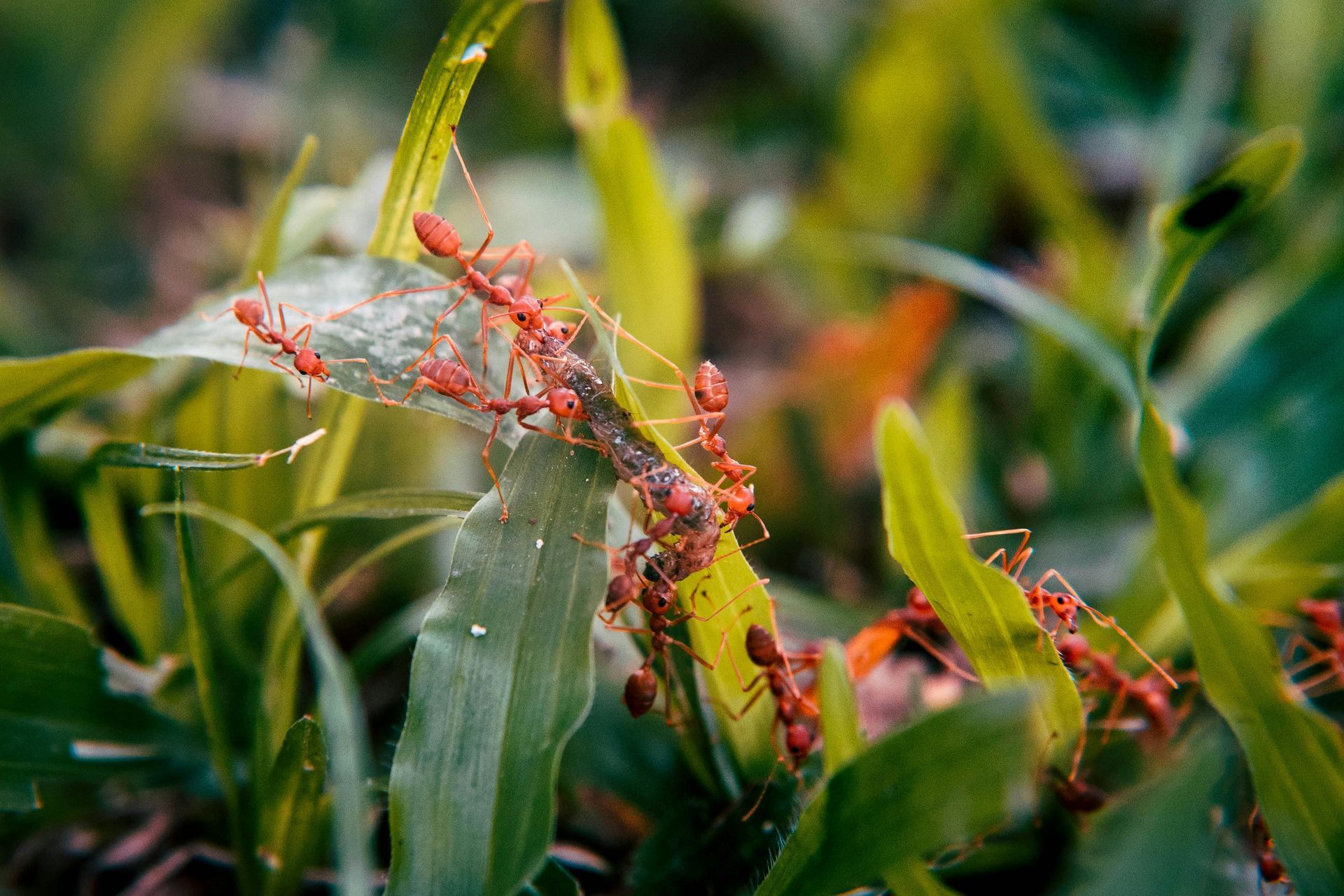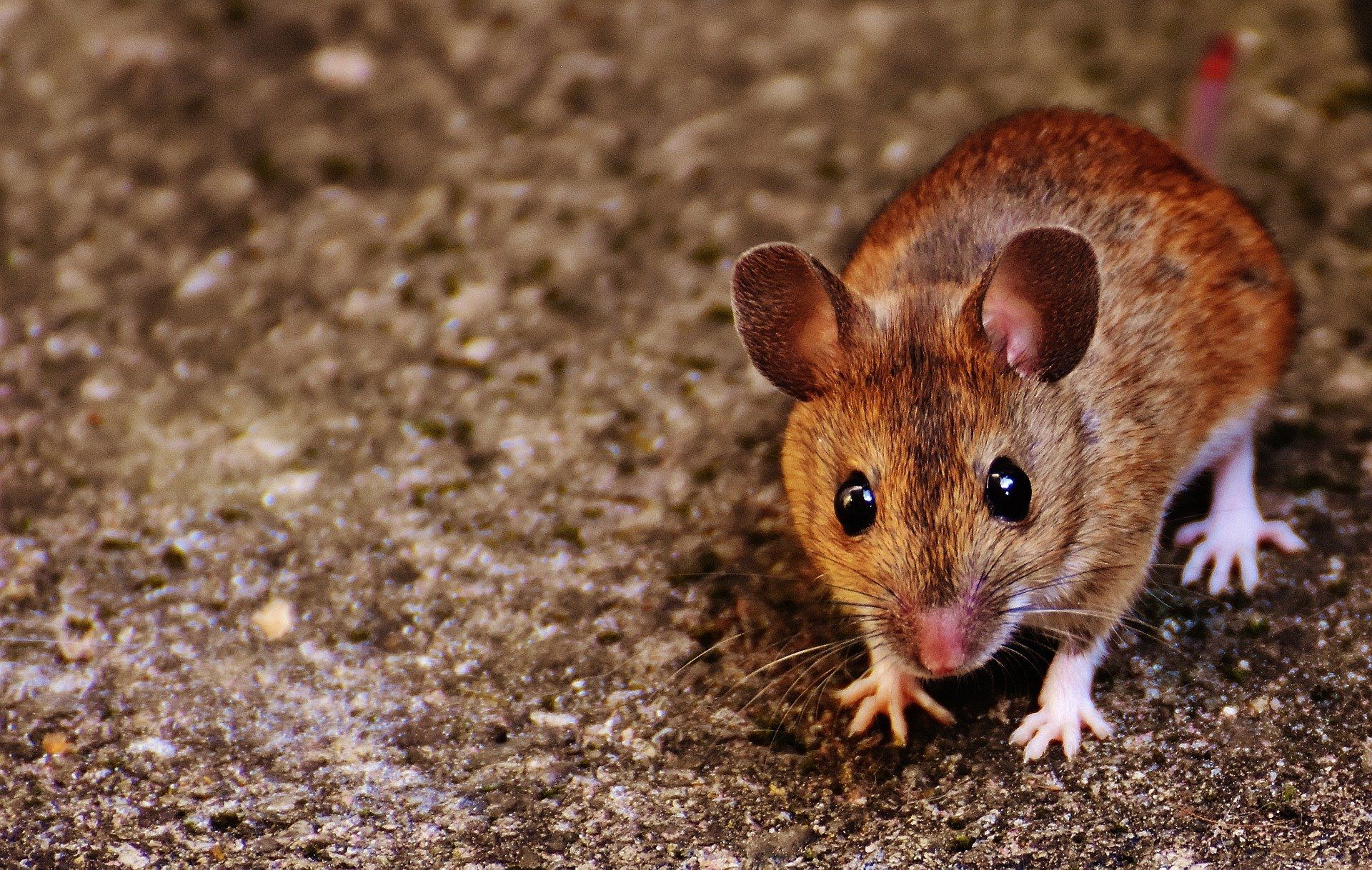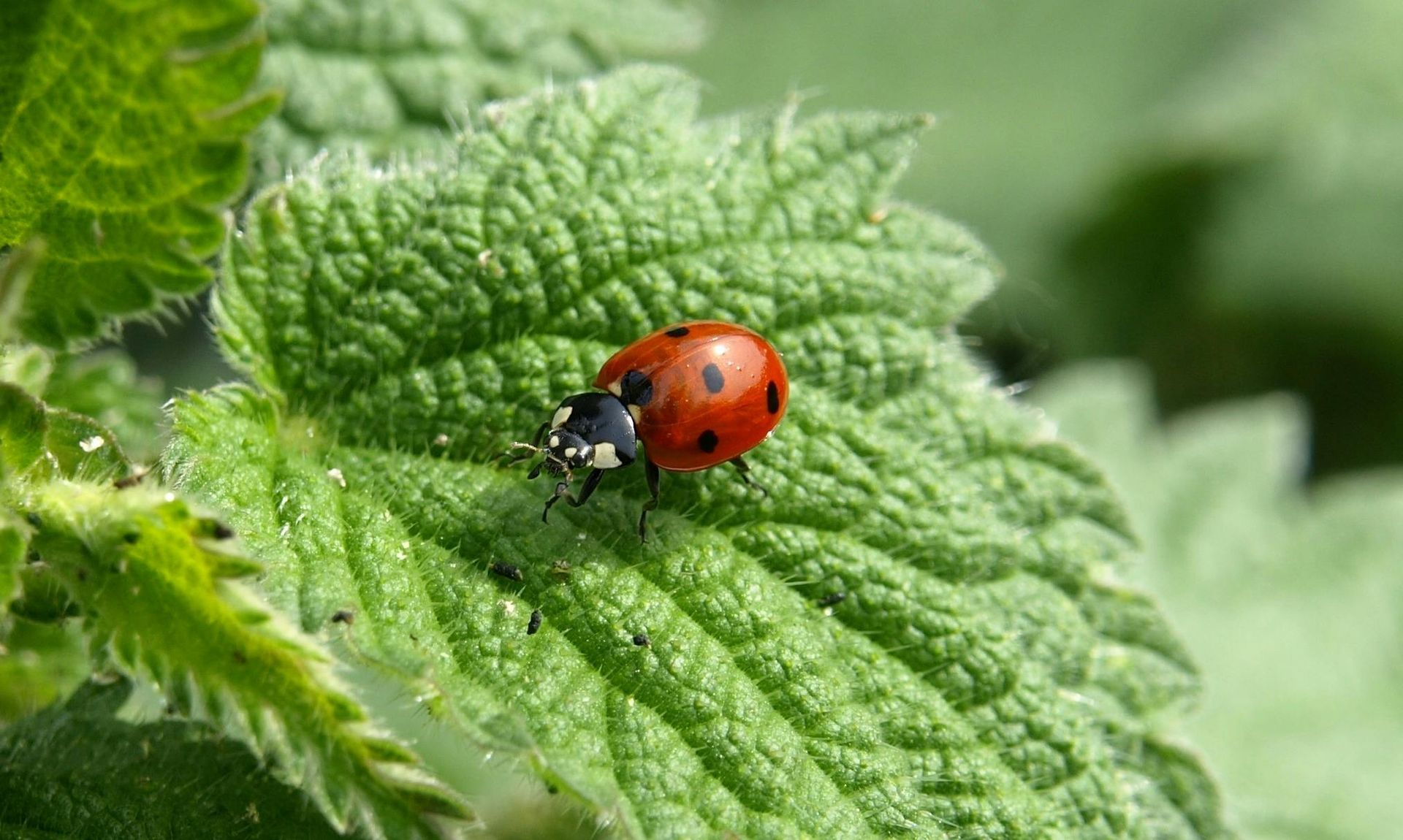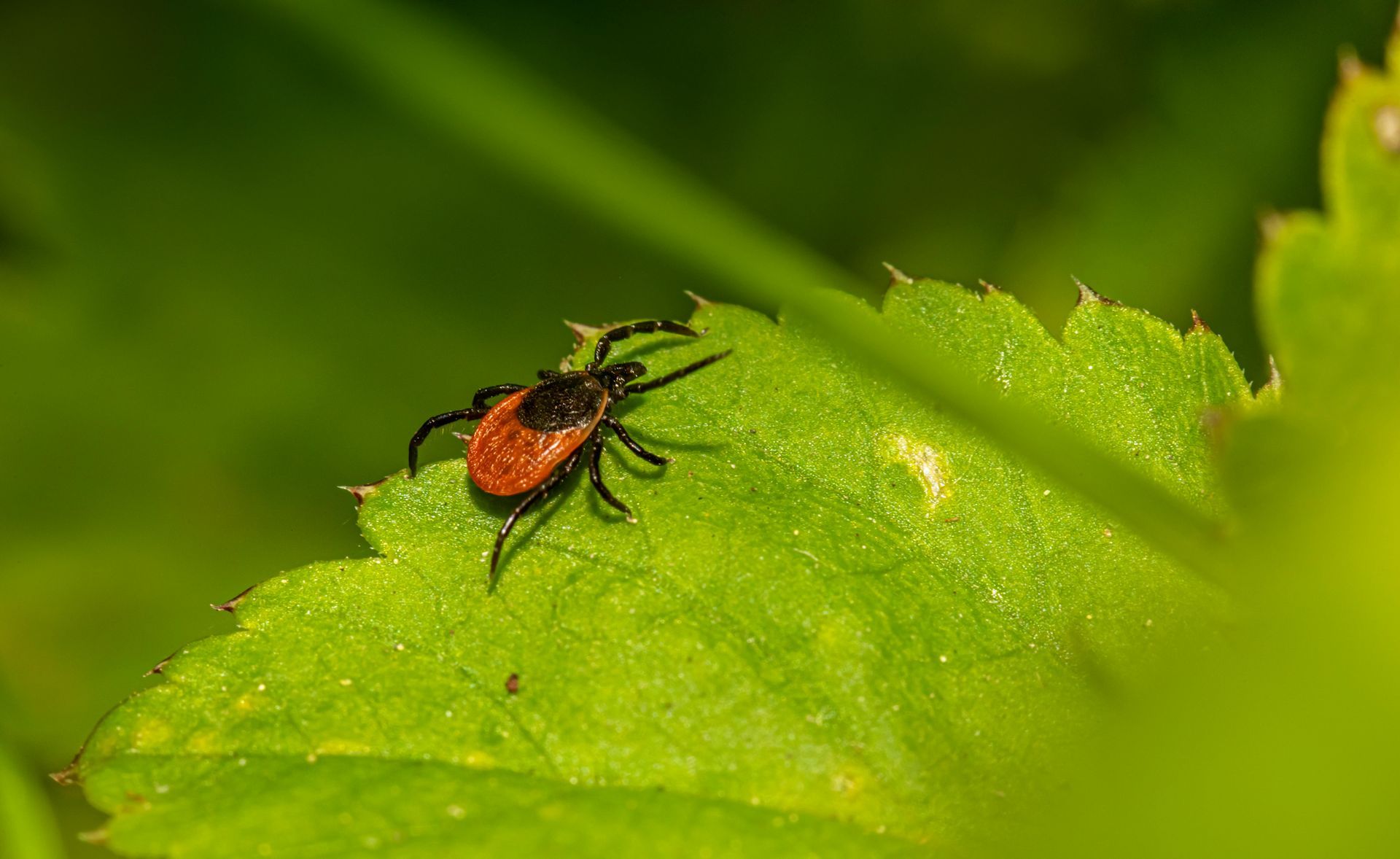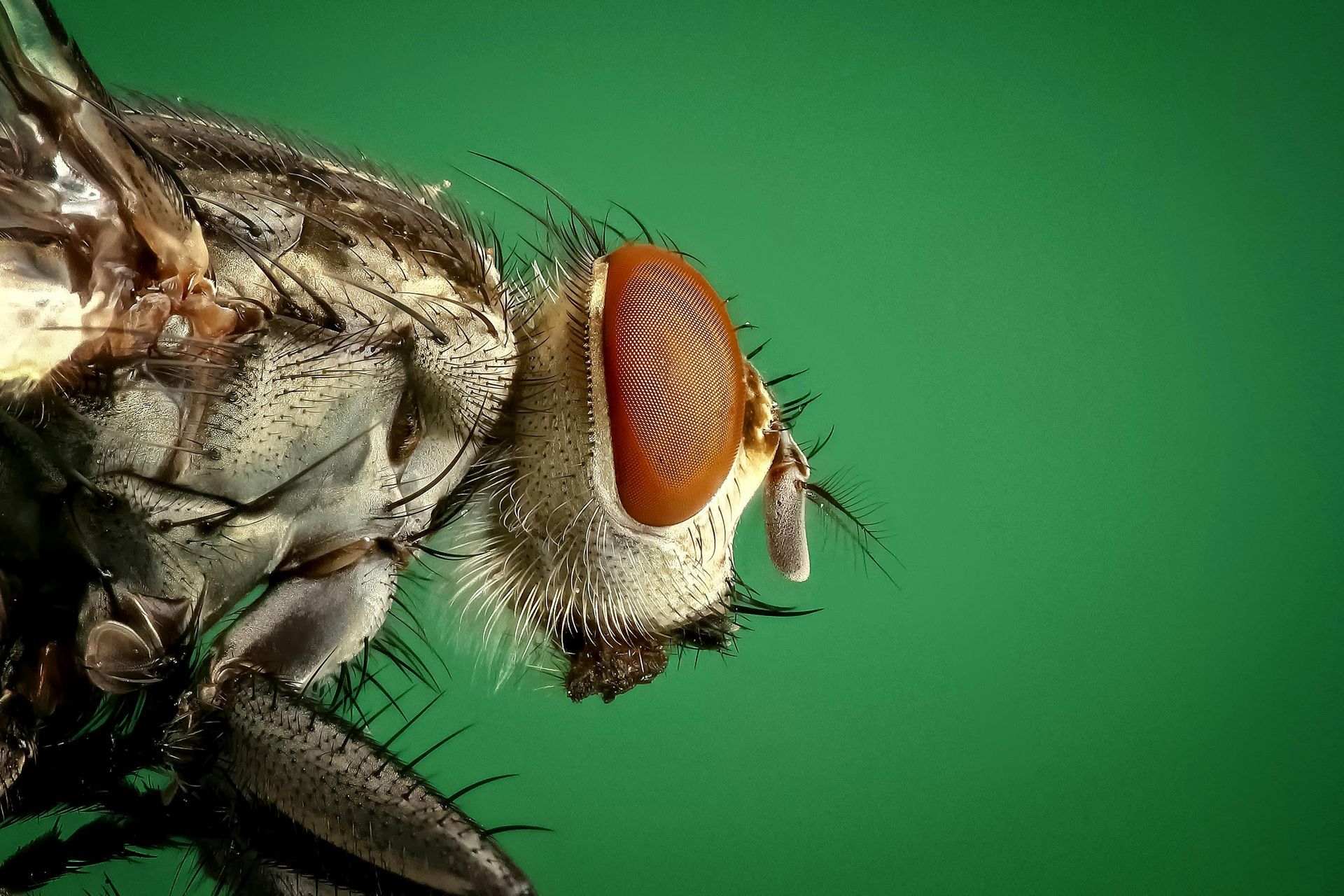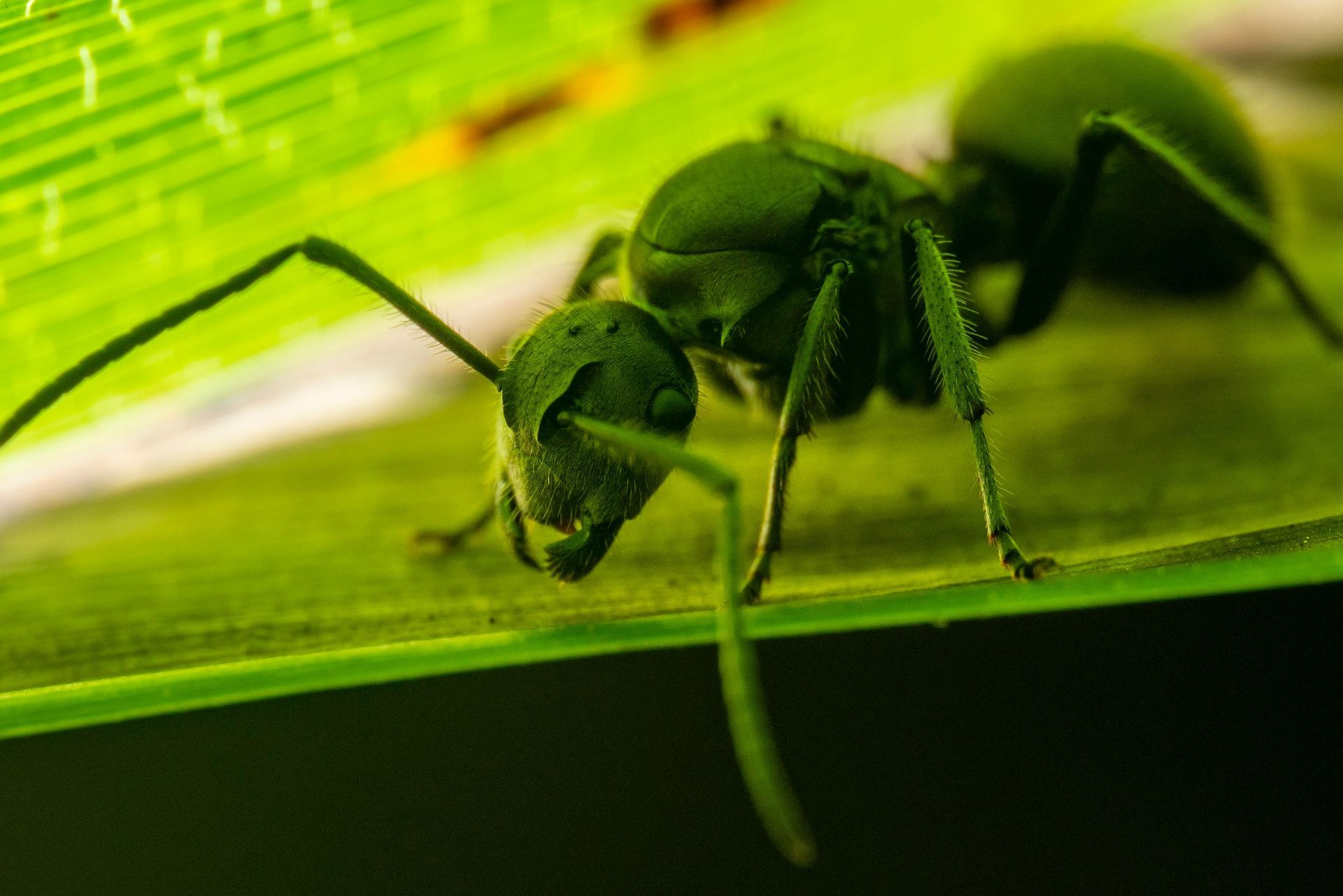Navigating Skunk Mating Season: Insights into Pest Control Challenges and Solutions
Skunk Behavior During Mating Season and its Impact on Pest Management
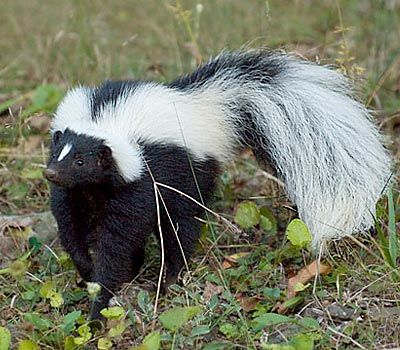
Skunks, with their distinctive black-and-white markings and potent odor, are notorious inhabitants of North American landscapes. They are trouble year-round, but dealing with them during mating season can be exponentially difficult. As winter fades into spring, skunk mating season heralds a period of increased activity and potential challenges for pest control efforts.
Skunk mating season typically occurs in late winter to early spring, coinciding with longer daylight hours and warmer temperatures. During this time, male skunks become more active in their quest to find potential mates, leading to heightened territorial behaviors and encounters with humans and pets. In this season, you are more likely to experience the odious skunk smell as skunks use their scents to mark their territory, as a weapon during fights, or as female skunks to spray males they aren’t interested in.
Impact on Pest Control:
Skunk mating season can exacerbate existing pest control challenges and create new ones for homeowners and property managers. Increased skunk activity may result in encounters with other wildlife species, such as raccoons, squirrels, and rodents, leading to potential conflicts and infestations. If you are unlucky enough to have them close to you, these interactions will all result in a lingering smell.
Aside from the smell, holes in the ground are another sign of skunks living on your property. Skunks like to burrow, forage for insect larvae to eat, and create dens using their strong front claws, all of which leave holes in your property.
Skunks are opportunistic feeders. They may raid garbage cans, compost bins, and pet food bowls in search of sustenance, contributing to sanitation issues and attracting other pests. Their presence can also disrupt landscaping and garden areas, damaging plants and structures.
Effective Control Strategies:
- Seal entry points and secure outdoor structures to prevent skunks and other wildlife from accessing crawl spaces, attics, and basements. Install hardware cloth barriers around decks, porches, and sheds to deter burrowing and nesting.
- Keep outdoor areas clean and well-maintained by removing potential food sources and shelter for skunks. Store garbage in secure containers, trim overgrown vegetation, and eliminate standing water sources to discourage skunk activity.
- Enlist the expertise of wildlife management professionals to address skunk infestations and implement humane removal and relocation strategies. Trained technicians can conduct thorough inspections, identify skunk entry points, and develop customized solutions to resolve pest-related issues.
- Explore environmentally friendly repellents and deterrents designed to discourse skunk activity without harming the animals or the environment. Critter Repellent offers safe and effective pest-repellent products to deter skunks and other wildlife from invading residential and commercial properties.
If you do see a skunk on your property, it is crucial that you do not try to remove it by yourself. Skunks and their spray can be a health hazard. Skunks also carry diseases; in fact, they are among the country’s top rabies carriers. Those who do not know how to handle skunks may instinctively act out of fear or use unknowingly harmful methods. This can complicate the situation and lead the skunk to attach posing a risk to themselves and anyone trying to handle them.
Homeowners and property managers can effectively manage skunk mating season challenges and maintain pest-free environments year-round by implementing proactive pest control measures and seeking professional assistance.
Critter Repellent All Natural Animal Repellent Blog
